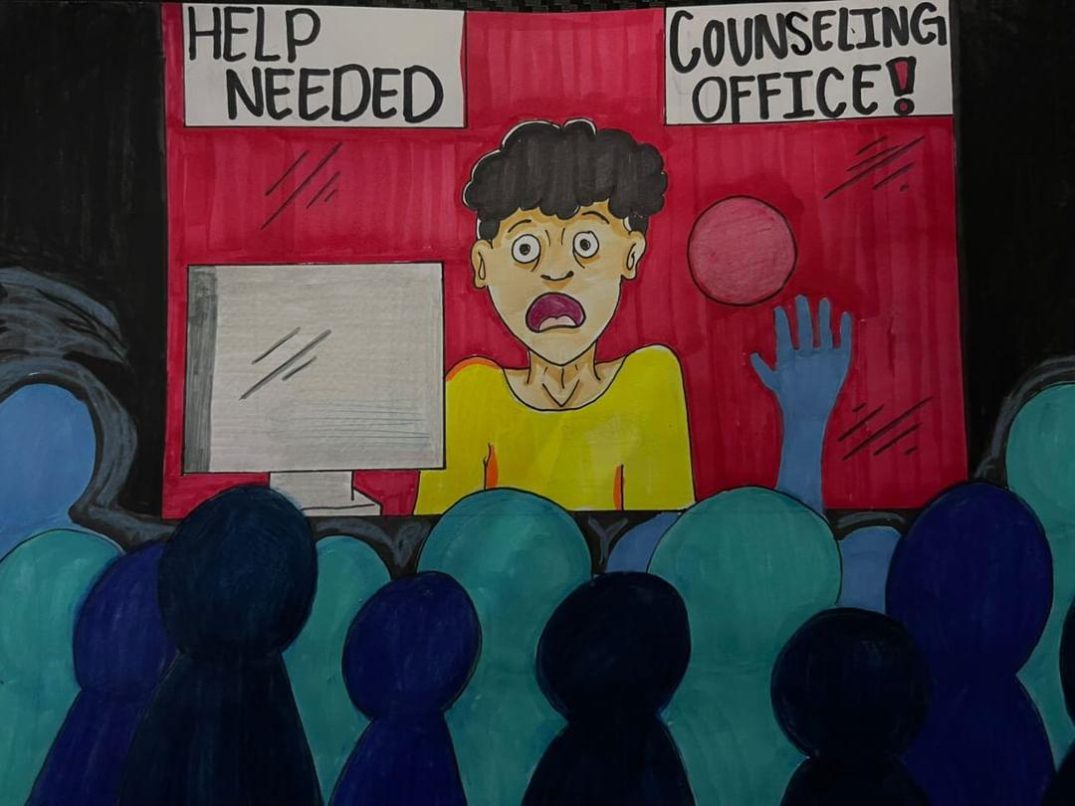With a simple click on the computer, one can access millions of pieces of information on the Web.
With more than 2 billion people utilizing the Internet daily according to the World Internet Usage Statistics website, one can imagine the amount of data that is being submitted to the Internet.
From social networking passwords, emails to even one’s personal bank account, the amount of data and information transmitted into this technological realm is endless.
Nowadays, the Internet is used for pretty much anything. Paying bills, communicating with friends or relatives across the country and even attending college courses is all at the tips of one’s fingers.
But how can something so useful and depended on by billions of people be so harmful and dangerous?
Although the use of the Internet might seem convenient for many people and a solution for those who are too busy to get a lot of their errands done, it can have a downfall.
No longer are emails, bank accounts and social networking sites the only sites singled out by hackers. There is evidence also of incidences of gaming systems being hacked as well.
The popular gaming system, PlayStation was hacked in April of this year, sending its users in a panic over their information accessible to an unauthorized user.
It was believed by PlayStation that the hackers had access to customers’ vital information, including names, birthdates, home addresses and email addresses.
Also hacked were PlayStation Network/Qriocity passwords, logins, handles and online ID’s.
So while it is impossible for many people, especially in this day and age to go without the use of the Internet, it is important to always take precautions and clean out the history, cookies and caches of a computer. It is also important when utilizing public computers to log off appropriately and not have the system remember one’s passwords.
Another suggestion would be to make one’s password strong enough so it will be difficult to figure out.
Also change your password regularly. Many websites suggest that Internet users change their passwords every 30 days. Users should also remember not to use the same password for every Web account that one has.






